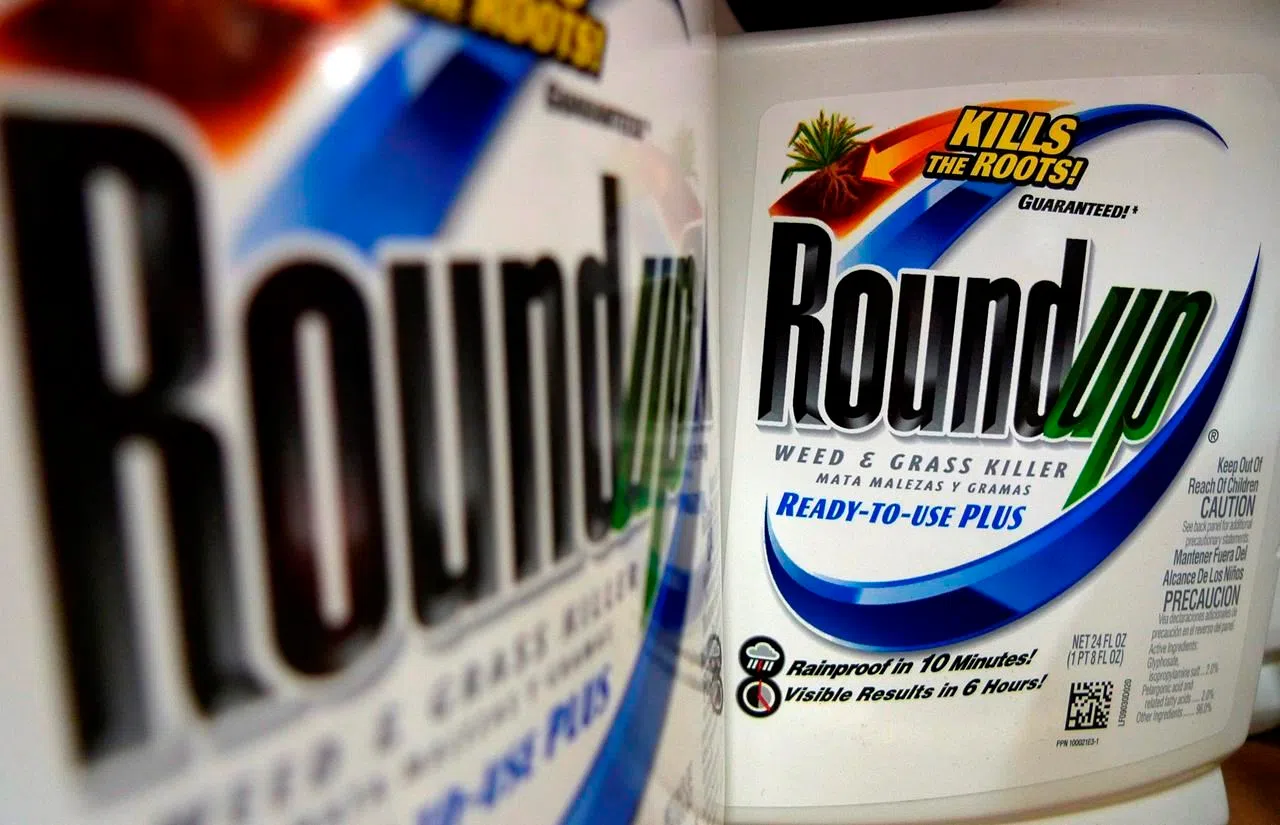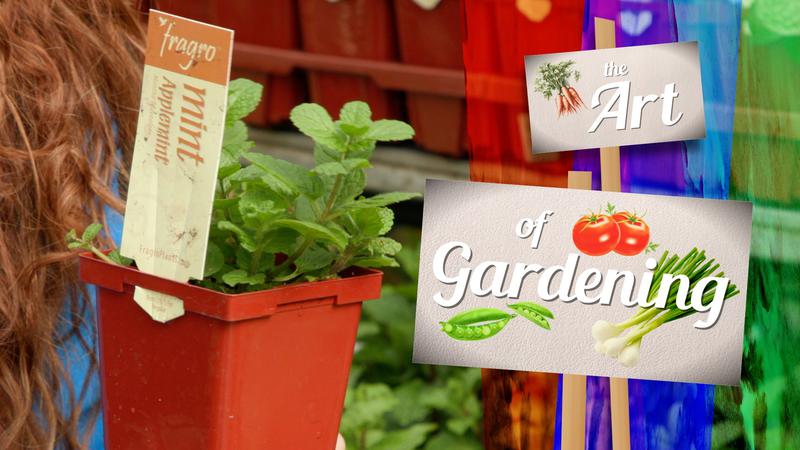
Health Canada upholds decision to keep glyphosate products on the market
OTTAWA — Health Canada scientists say there is no reason to believe the scientific evidence they used to approve the continued use of glyphosate in weed killers was tainted.
On Friday they rejected, again, arguments that the ingredient in herbicides like Monsanto’s Roundup causes cancer if the substances are used as they’re supposed to be.
The department’s Pest Management Regulatory Agency is required to reassess herbicides every 15 years and after such a reassessment in 2017 it approved glyphosate for continued use in Canada with some additional labelling requirements. The review looked at more than 1,300 studies and concluded glyphosate products pose no risk to people or the environment as long as they are properly used and labelled.
Glyphosate is one of the most common herbicides used in the world, is in more than 130 products sold in Canada and has widespread use by farmers to keep weeds out of their crops.


